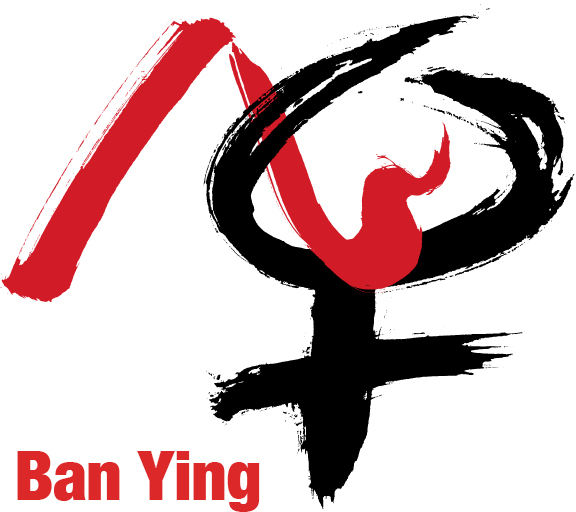Workers without access to justice
Domestic workers of diplomats
Domestic workers in diplomatic households have a special legal status. Although they are de facto legal migrant workers, they are not subject to the provisions of the Residence Act. Instead of a conventional residence permit, they receive a special document (Protokollausweis) issued by the Federal Foreign Office. Rather than the immigration authority, which is responsible for all other migrant workers, domestic workers in diplomatic households are the responsibility of the Federal Foreign Office. Their right to remain in the country is linked to their employment in the household of a specified diplomat. In addition, they are obliged to live under the same roof as their employer, and they are not permitted to change employer, even if they suffer from exploitation or abuse. Domestic workers who leave their jobs automatically lose their residence permits, regardless of whether they have been forced to flee their employer due to violence or abuse. A further distinctive feature is the legal status of their employer. Due to their diplomatic immunity, diplomats are exempt from the legal jurisdiction of the German state.
Diplomatic immunity
According to the Vienna Convention on Diplomatic Relations of 18th April 1961, diplomats enjoy diplomatic immunity in the host country. This immunity also covers the private households of diplomatic representatives. In this way, diplomats are protected from prosecution in cases of suspected abuse of their household staff. As a consequence, these employees are de facto denied access to justice.
The situation of those affected
Most of the women who work in Germany as domestic workers in diplomatic households originate from Asia, mainly from the Philippines and Indonesia. As Ban Ying e.V. has always focused upon work with women from South-East Asia, these women come to us for advice when they have problems with their employer. These women are often badly paid or not paid at all, or they may have experienced exploitation and/or violence. In some cases, the women are under the absolute control of their employer, meaning that they may be considered as having been affected by human trafficking. Due to their immunity, it is not possible to initiate criminal proceedings against diplomats. This means that employers cannot be prosecuted for any crime committed in the host country, in our case Germany.
Physical abuse, sexual attacks and other poor treatment such as the denial of food or withholding wages remain wholly unpunished. This, along with the fact that the residence permits of domestic workers are directly linked to their employer, produces an extremely dependent relationship, and makes a high degree of exploitation possible.
Our advocacy and lobbying work on this topic
There is a contradiction in international law between the Vienna Convention of 1961 and Article 6 of the European Convention on Human Rights, which secures the right to a fair trial for all. One of the aims of our advocacy and lobbying work is therefore to examine the following question: How can the German State enable domestic workers in diplomatic households to gain access to justice, which they are entitled to according to the German constitution and various human rights conventions, despite the diplomatic immunity of the perpetrator?
